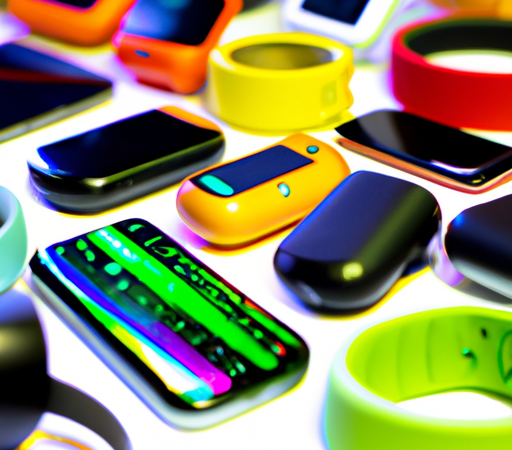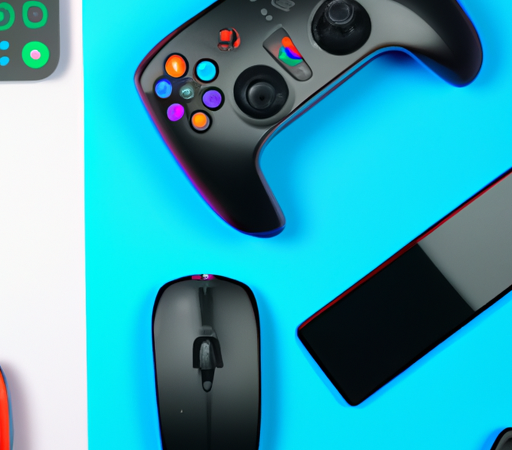Protecting Your Privacy: Essential Tricks to Secure Your Personal Electronics
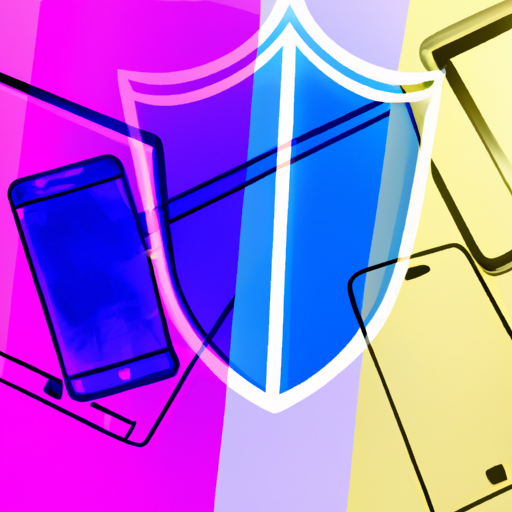
In this digital age, our personal electronics, such as smartphones, laptops, and tablets, have become extensions of ourselves. They hold a plethora of personal information, from sensitive emails and messages to our financial accounts and work documents. It is crucial, now more than ever, to ensure the security and privacy of our personal electronics. Here are some essential tricks to help protect your privacy:
1. Enable strong passwords: Always use strong, unique passwords for all your devices and online accounts. A strong password should contain a mix of upper and lowercase letters, numbers, and special characters. Avoid using easily guessable information, such as your birthdate or pet's name.
2. Utilize two-factor authentication (2FA): Two-factor authentication adds an extra layer of security by requiring a secondary code, usually sent to your mobile device, for login. This ensures that even if someone manages to figure out your password, they still can't access your accounts without the second factor.
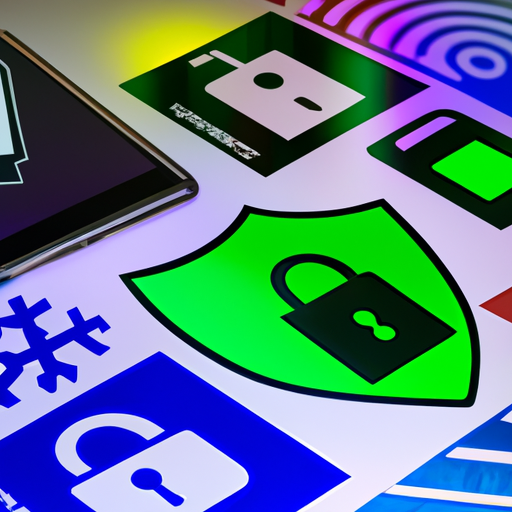
3. Regularly update your software: Software updates often include essential security patches that protect against known vulnerabilities. Set your devices to automatically update, ensuring you have the latest security updates for your operating system and apps.
4. Be cautious with public Wi-Fi: Public Wi-Fi networks are notorious for being a breeding ground for hackers. Avoid accessing sensitive information, such as online banking or entering passwords, while connected to public Wi-Fi. If necessary, use a virtual private network (VPN) to encrypt your internet traffic and keep your data secure.
5. Encrypt your device: Encrypting your device's storage adds an extra layer of protection against unauthorized access. Both iOS and Android devices offer built-in encryption options. If your device gets stolen or lost, encryption ensures that your data remains secure and unreadable.
6. Install reputable antivirus software: Antivirus software can help detect and remove malware, which is often used by hackers to compromise your privacy. Ensure you install reputable antivirus software and keep it up to date to safeguard against new threats.
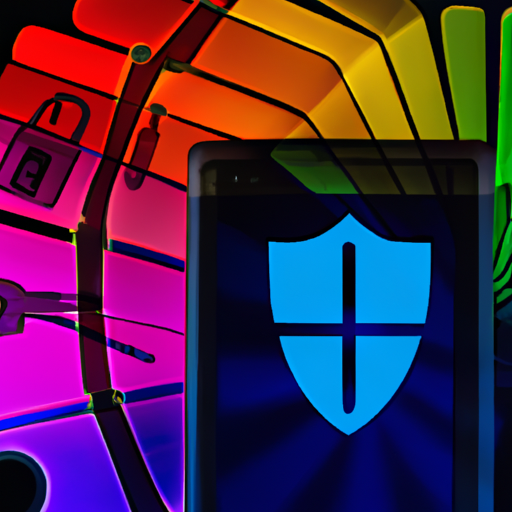
7. Avoid suspicious links and downloads: Be cautious while clicking on links or downloading files from untrusted sources. These can be a way for hackers to gain access to your device or personal information. Stick to reputable websites and be vigilant when opening emails from unknown senders.
8. Regularly backup your data: Accidents happen, and devices can become lost or damaged. Regularly back up your data to an external hard drive, cloud storage, or a secure server. This ensures that even if your device is compromised, your important files and documents remain safe.
9. Enable remote tracking and wiping: Lost or stolen devices are a major concern when it comes to privacy. Enable features like Find My Device (Android) or Find My iPhone (iOS) to track and remotely wipe your device if necessary. This prevents unauthorized access to your personal information.
10. Be mindful of your app permissions: Many apps request access to various parts of your device, such as location, contacts, or camera. Before granting permissions, consider if it is necessary for the app's functionality. Limit app access to only what is required, decreasing the risk of a potential breach.
In today's interconnected world, protecting your privacy has become an essential part of using personal electronics. By following these tricks, you can stay one step ahead of potential threats and keep your personal information secure. Remember, vigilance and proactive measures are key to maintaining privacy in this digital age.

